Get the facts, get the vaccine
What do I need to know about the COVID-19 Vaccine?
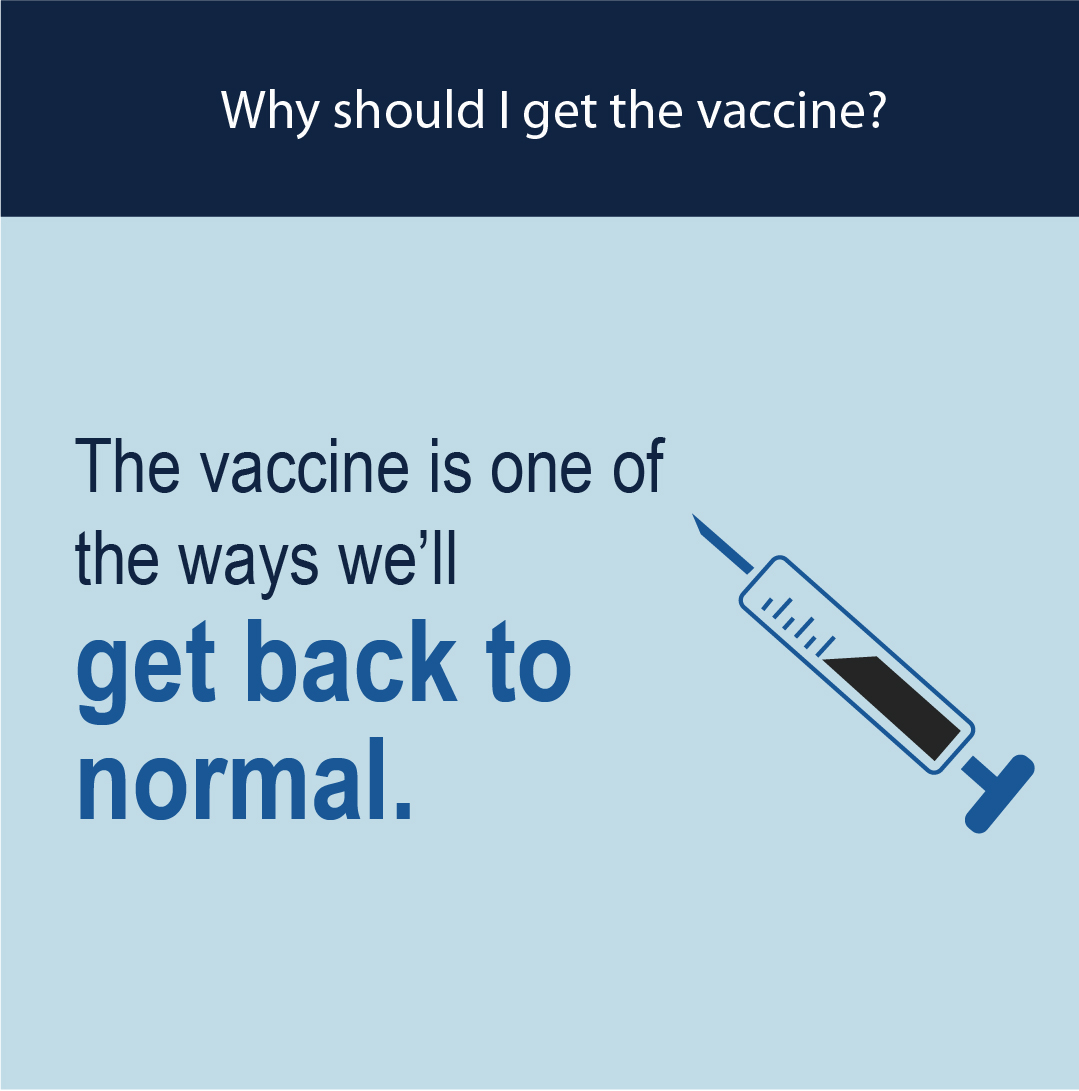
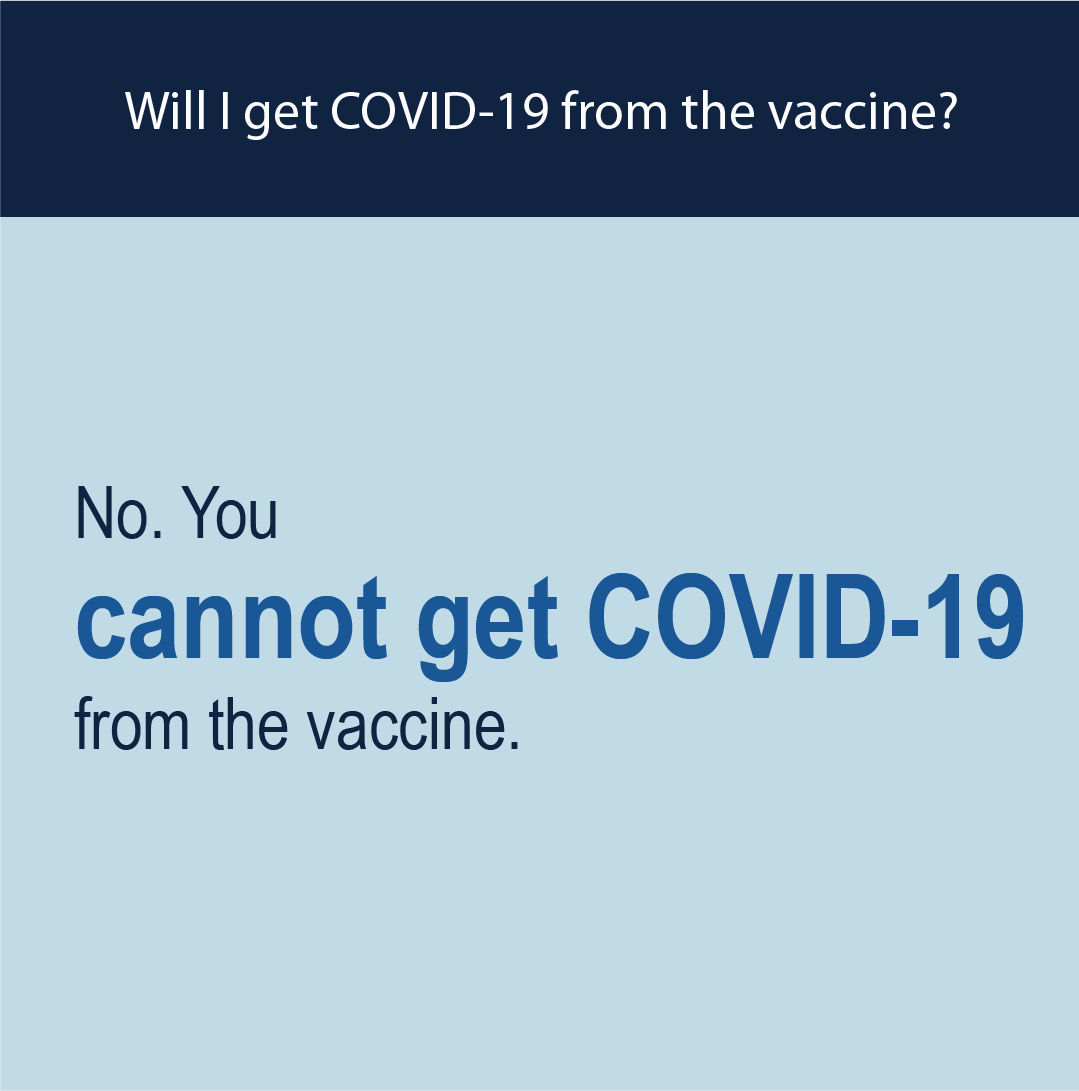
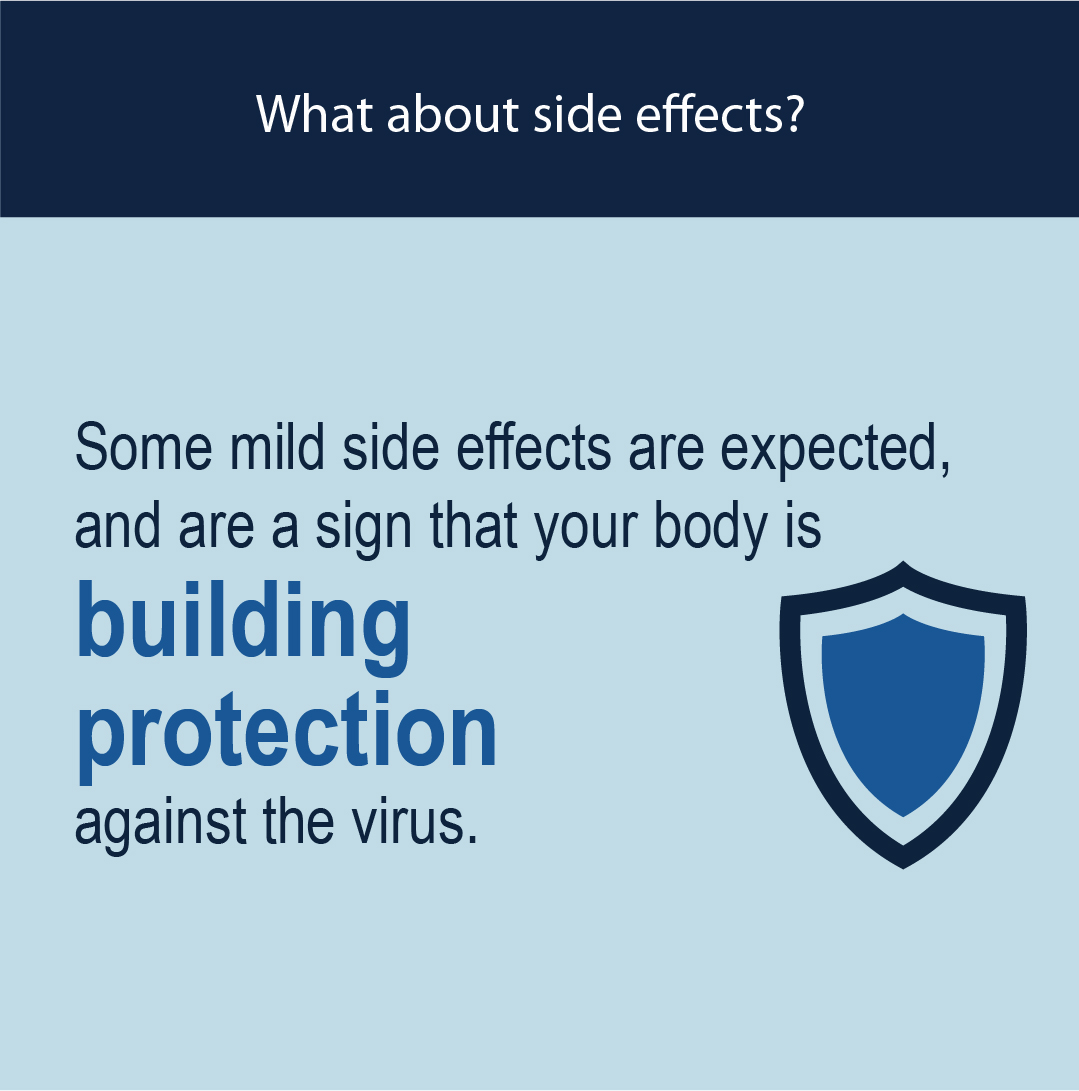
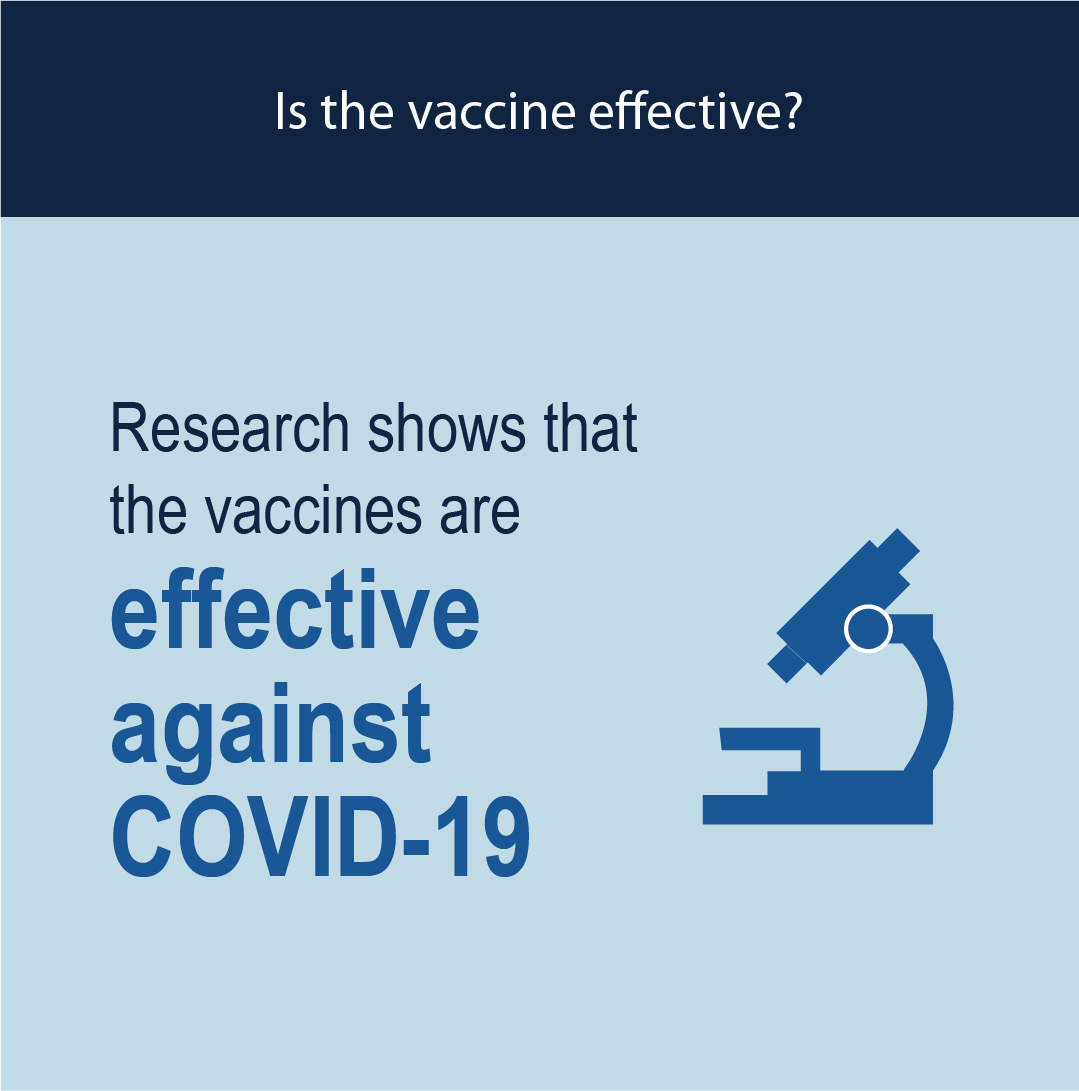
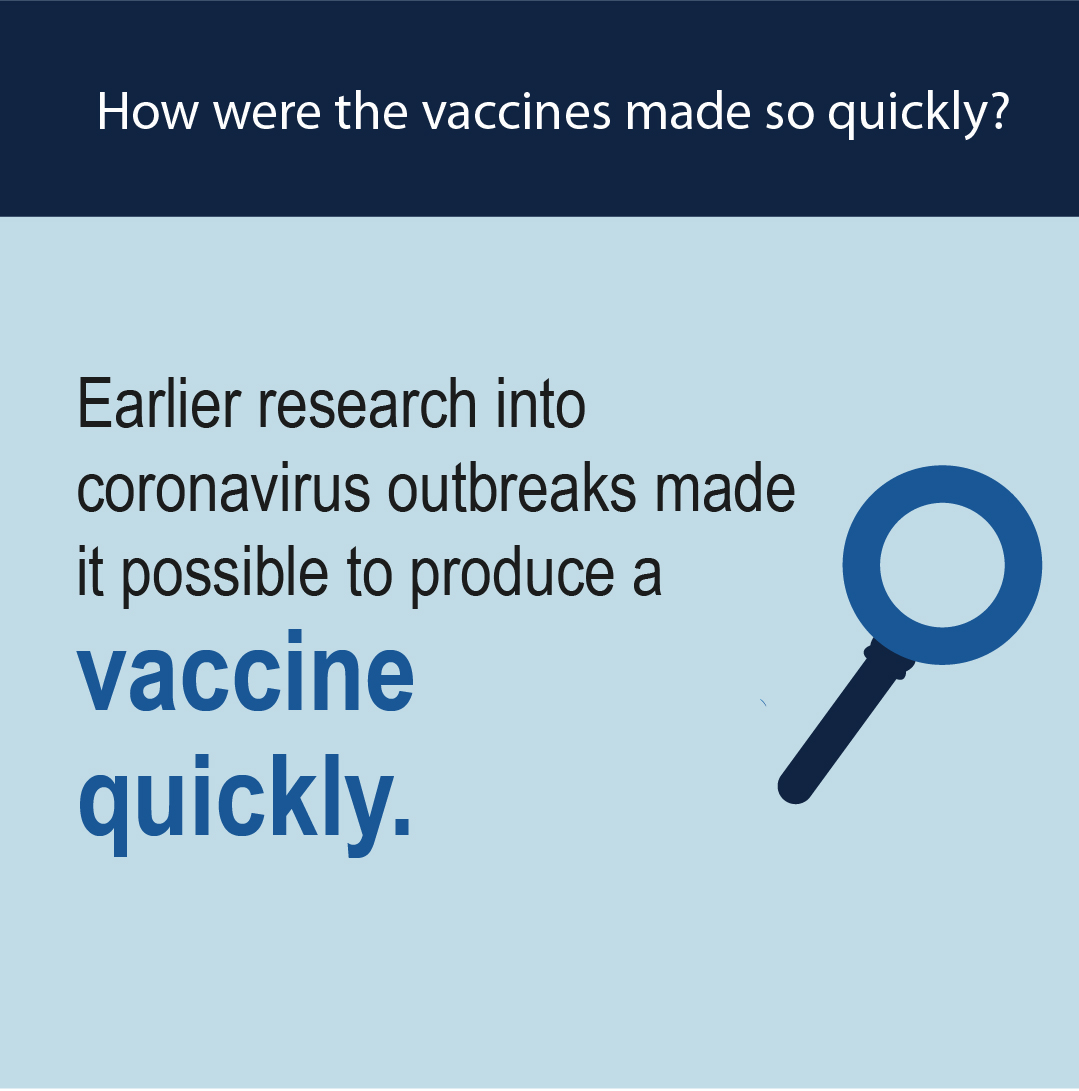
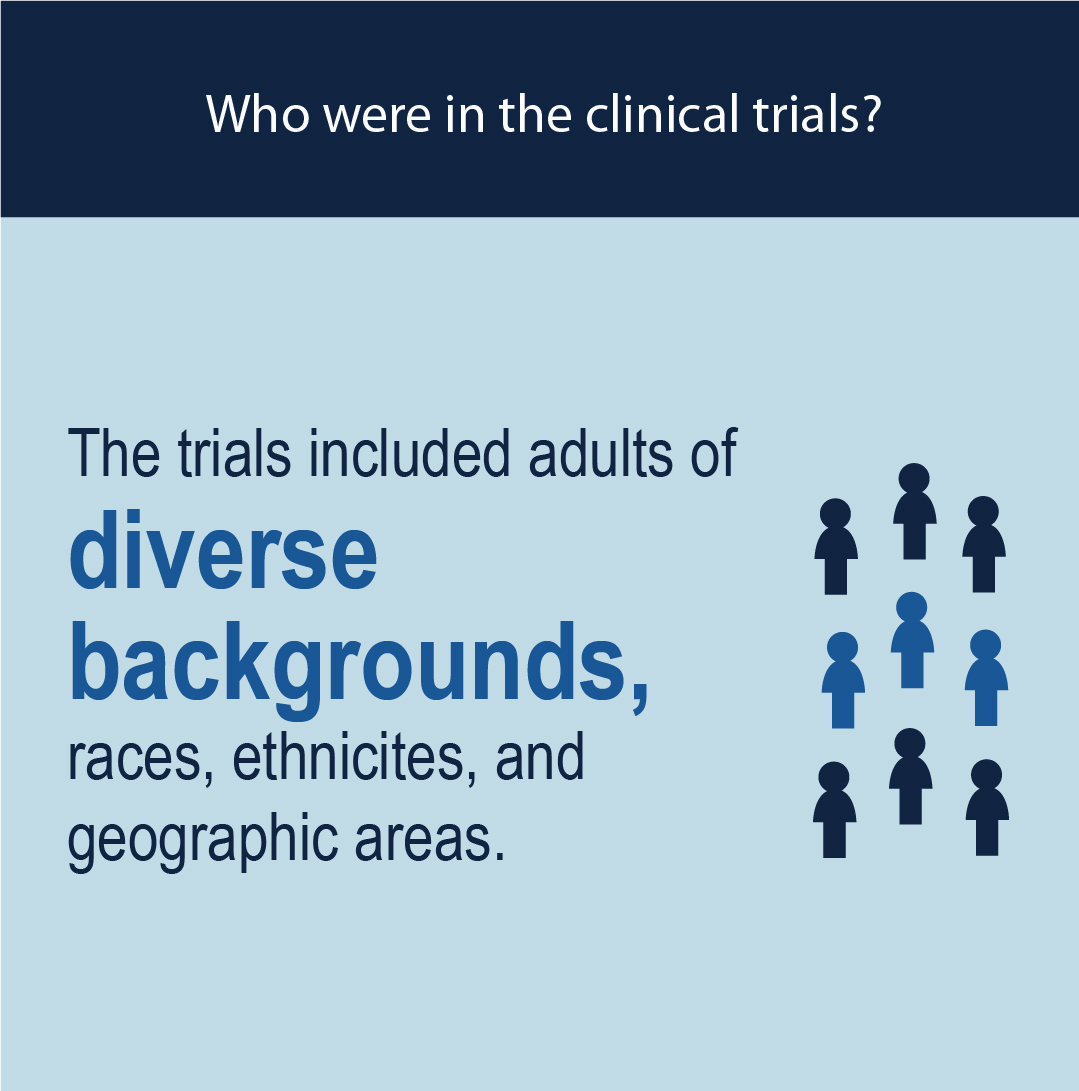
- All COVID-19 vaccines currently available are very effective at preventing severe cases of COVID-19 requiring hospitalization.
- All Texans ages 5+ are eligible.
We all play a part in this effort, and you are key. Vaccines supplies are increasing, and tens of thousands of Houstonians are getting vaccinated each and every week.
There several places where you can register to get the vaccine. Click here to register to get the vaccine.
COVID-19 Vaccine Fact Sheets
Common questions about the vaccine
Additional Videos
Additional Resources to learn more about the vaccines that are available to you
What is the difference between the flu and COVID-19?
Influenza (flu) and COVID-19 are both contagious respiratory illnesses, but they are caused by different viruses. COVID-19 is caused by infection with a new coronavirus (SARS-CoV-2) and flu is caused by infection with influenza viruses. Because some of the symptoms of flu and COVID-19 are similar, it may be hard to tell the difference between them based on symptoms alone, and testing may be needed to help confirm diagnosis. For more information on similarities and differences, visit the CDC's website.